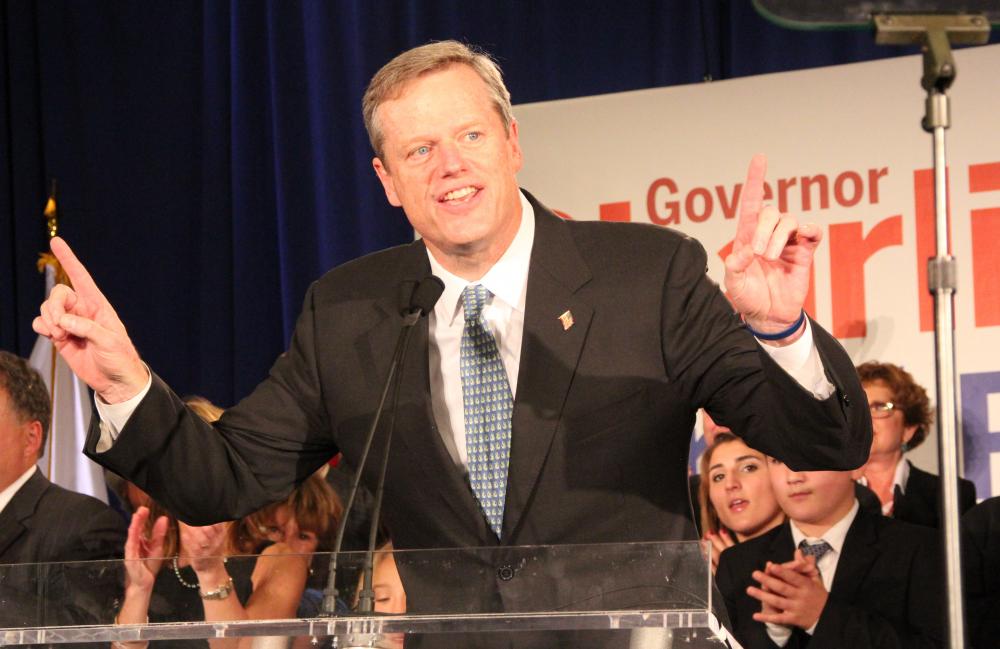On the eve of House debate on the issue, Gov. Charlie Baker said Tuesday he would sign transgender anti-discrimination legislation crafted by House leaders.
RELATED: Springfield NAACP Leader Questions Need For Transgender Accommodations Bill
RELATED: Activist Tynan Power: Transgender Accommodations Bill Is About Day-To-Day Interactions
“No one should be discriminated against in Massachusetts because of their gender identity,” the governor said in a statement. “After hearing from all sides and carefully reviewing the two separate proposals that have been working their way through the legislature, I believe the House version addresses the concerns that some have with the bill by requiring the Attorney General to issue regulations to protect against people abusing the law. I would sign the House version in its current form should it reach my desk.”
The House version of the bill “supplies the right amount of clarity with respect to the public safety questions that other people have raised,” Baker told The Boston Globe, which first reported on the governor’s vow to sign the House bill.
The House bill, as first reported by the News Service in April, would require Attorney General Maura Healey’s office to “issue guidance or regulations for referring to the appropriate law enforcement agency or other authority for legal action any person who asserts gender identity for an improper purpose . . . ”
That language was not included in a bill that cleared the Senate on May 12 on a vote 33-4 vote. Key senators viewed the “improper purpose” clause as unnecessary but not objectionable and supporters favored the language as a safeguard against predators who might take advantage of the bill’s bathroom and locker room access provisions that are tied to gender identity.
House Judiciary Committee Chairman Rep. John Fernandes told the News Service in April that he had not spoken to Baker about the bill, but added: “I think this language is consistent with some of the statements he’s made relative to his thoughts on the bill. He’s wanted to see the language. We think this language should help in his deliberations on this as well.”
Carly Burton, campaign manager of Freedom Massachusetts, has told the News Service that her group is concerned that the “improper purpose” language “puts law abiding members of the transgender community at risk of improper law enforcement even though we know that is not the intention.”
The bill would ban discrimination against transgender people in public spaces, and would allow transgender individuals to use the public restroom or locker room that matches their gender identity.
While the Senate bill would take effect upon its final passage, the House bill would take effect Jan. 1, 2017 and states “any public accommodation including without limitation any entity that offers the provision of goods, services, or access to the public that lawfully segregates or separates access to such public accommodation or other entity based on a person’s sex shall grant all persons admission to and the full enjoyment of such public accommodation or other entity consistent with the person’s gender identity.”
